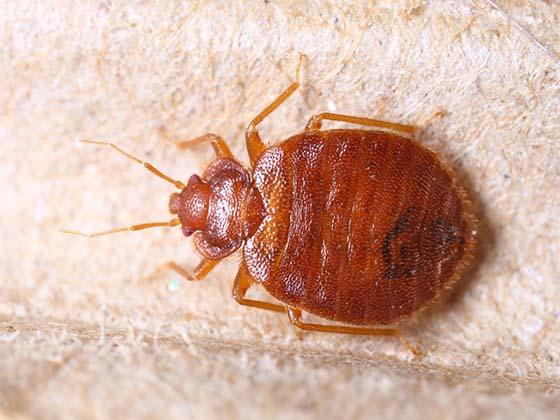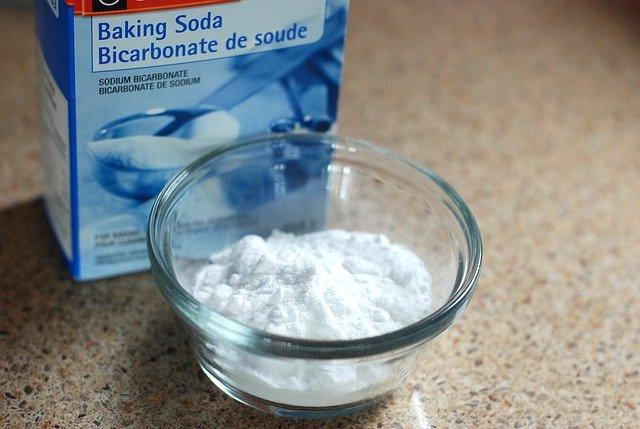
While bed bugs are a commonly misunderstood pest, everyone knows one thing about them— they bite. The good news is, most people don’t have a visible reaction to bed bug bites. However, if you do, you’ll want to take care of the irritated area before it becomes infected. Here is our advice for dealing with bed bug bites.
Symptoms
Make sure you actually have bed bug bites— that’s the first step. Bed bugs bite in clusters or lines, unlike most other bugs. Beg bug bites are red and swollen with a dark spot in the center and cause itching or burning. Mosquito bites tend to look similar, but they don’t show up in a pattern. Symptoms of bed bug bites take a few days to develop, and you will mostly find them on your upper body, in areas like your face, neck, arms and hands. If you see all the signs, there’s still a chance you are actually experiencing hives. Over time, hives get larger, change shape, or spread from one part of the body to another. Bed bug bites don’t do that.
Signs of Infection
When you scratch your bed bug bites, they may bleed or become infected. Signs of infected bed bug bites are as follows:
- Pain and tenderness
- Redness, swelling, warmth
- Red streaks or spots near bite
- Pus or drainage
- Dimpling of skin
- Fever
- Chills
In rare cases, these bites cause allergic reactions, which lead to intense pain or even anaphylaxis.

How to Treat
Bed bugs are difficult to get rid of, but fortunately, treating their bites is fairly easy. Here are some of the most common ways to treat these bites:
- Apply anti-itch cream or calamine lotion.
- Take an oral antihistamine to reduce itching and burning.
- Use an over-the-counter pain reliever to relieve swelling and pain.
- To reduce infection risk, wash with soap and water, and try not to scratch.
Babies and pets need to be treated a little differently, as the above treatments may not be safe for them. If your baby is bitten by bed bugs, wash the bitten area with soap and water, and consider a cold compress or calamine lotion. Consider covering the area with a bandage to prevent scratching. If you notice bed bug bites on a pet, your best bet is to let it be unless the bitten area becomes infected. Wash your pet’s bed, stuffed toys, and other accessories, along with cleaning your own carpets and cloth furniture.

Home Remedies
Some people prefer not to use medication unless it is deemed necessary, and there are common home remedies that could be effective for treating bug bites. Here are a few:
- Cold cloth or ice pack wrapped in a towel
- Thin paste of baking soda and water
- Essential oils: Some claim that camphor and chamomile help with bed bug bites, but more research is needed on the subject.
If bed bugs are biting you or your loved ones, the first step you should take is reaching out to the Des Moines bed bug control experts at Pro-Staff. Give us a call at 515-279-7378 or contact us online.

